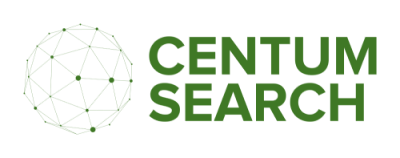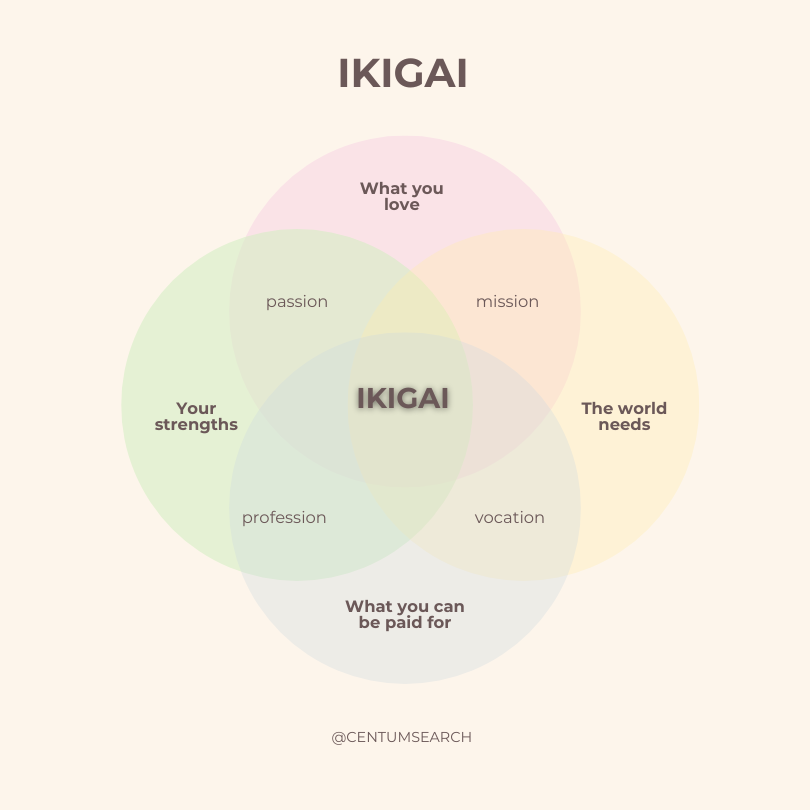Interview Loops: Questions You Should Always Be Prepared to Answer
Interviewing is a skill we rarely get to practice.
With the average job tenure in the U.S. being less than four years—and just two to three years for tech professionals—interviewing is a muscle most people only flex every few years. This infrequency, combined with the inherent subjectivity of interviews, often leaves people feeling unprepared and uneasy about the process.
Surprisingly, the questions that trip up candidates the most are often the basic and common ones. That’s why thorough preparation is key. By familiarizing yourself with potential questions and practicing your responses, you’ll not only feel more confident but also ensure you make a strong impression during the hiring process.
After conducting hundreds of interview debriefs with candidates and hiring managers over the last decade, we’ve compiled a list of commonly asked interview questions and practical tips to help you excel and put your best foot forward.
Must-Prepare Interview Questions
1. “Can You Walk Me Through Your Resume?” or “Tell me about yourself”
This is one of the most common questions, so it’s essential to:
- Highlight key achievements and roles in chronological order.
- Tailor your explanation to the job’s requirements.
- Use quantifiable metrics (e.g., “I led a team that increased revenue by 15%”).
- Avoid sharing personal details that are irrelevant to the job or negative experiences (especially framed in a negative way) from previous roles.
2. “Tell Me About Your Last Role”
This question helps interviewers gauge your responsibilities and contributions. Be specific:
- Focus on key responsibilities: Emphasize duties that align with the role you’re applying for (e.g., what parts of the product or business you were responsible for, how you developed your direct reports, and the metrics you were accountable for).
- Show impact: Mention significant contributions, such as streamlining processes or leading successful projects. Tie your impacts back to the business and utilize metrics to help the interview truly understand your direct contribution
- “I” over “We” rule: During interviews, it’s crucial to highlight your personal contributions by using “I” instead of “we.” While humility is admirable, using “we” to describe accomplishments can unintentionally downplay your role and leave interviewers unsure of your specific contributions. To showcase your skills and abilities effectively, focus on what you did and the impact you made.
3. “What Did a Typical Day Look Like in Your Previous Role?”
Use this question to paint a clear picture of your work style and priorities:
- Share how you structured your day to balance priorities.
- Highlight specific tasks, tools, or methodologies you used regularly.
- Again, use metrics to further illustrate your work.
4. “Tell Me About a Time You Received Negative Feedback”
Interviewers want to assess your self-awareness and how you handle criticism:
- Think of an example where someone’s feedback ultimately made you and your work better. The best response will show your ability to digest constructive feedback and your thought process in doing so.
- Avoid casting blame onto others and provide a response that shows reflection and how you adjusted to such feedback.
- Focus on how you acted on the feedback to improve.
5. “Why Are You Looking for a New Role?”
This question is an opportunity to highlight your career goals:
- Your response to this question can be a great way to also explain what you are looking for next. Think about some of the qualities you’re looking for in the next role and employer, then incorporate it into your response.
- Stay positive: Avoid speaking negatively about your current employer.
- Focus on growth: Explain how the new role aligns with your ambitions, such as gaining new skills or tackling new challenges.
6. “Why Do You Want to Work Here?”
Hiring managers appreciate genuine, thoughtful answers to this question. To make a strong impression:
- Do Your Research: Learn about the company’s mission, culture, and recent achievements.
- Connect Their Values to Your Goals: Highlight how the company’s priorities align with your career aspirations.
- Focus on Them: Center your response on what excites you about the role or organization, such as growth opportunities, innovative projects, or alignment with their mission.
- Avoid generic or compensation-focused answers like, “I want the salary you’re offering” or “I’m interested in the stock options.” While compensation is important for everyone, it shouldn’t be the sole focus of your response. Instead, demonstrate genuine enthusiasm for the opportunity and how you can contribute to the company’s success.
Preparing for interview loops can feel overwhelming, but with the right preparation, you can turn them into an opportunity to shine. By practicing answers to common questions, showcasing your personal contributions, and aligning your responses with the role and company, you’ll position yourself as a standout candidate.
Remember, interviews are as much about demonstrating your skills and fit as they are about showcasing your enthusiasm and adaptability. A little interview preparation can make all the difference in landing your next role.
Stay ahead in your career! Subscribe to our newsletter for more expert interview tips, job market insights, and strategies to help you navigate your next career move with confidence.
Subscribe to our newsletter!
We will get back to you as soon as possible.
Please try again later.
Resources for Careers, Talent Acquisition and Management

a b c d e f g h i j k l m n o - Do not remove from template!!! it is important to support different fonts
Questions?
Contact Us
Thank you for contacting us!
We will get back to you as soon as possible!
Oops, there was an error sending your message.
Please try again later.


